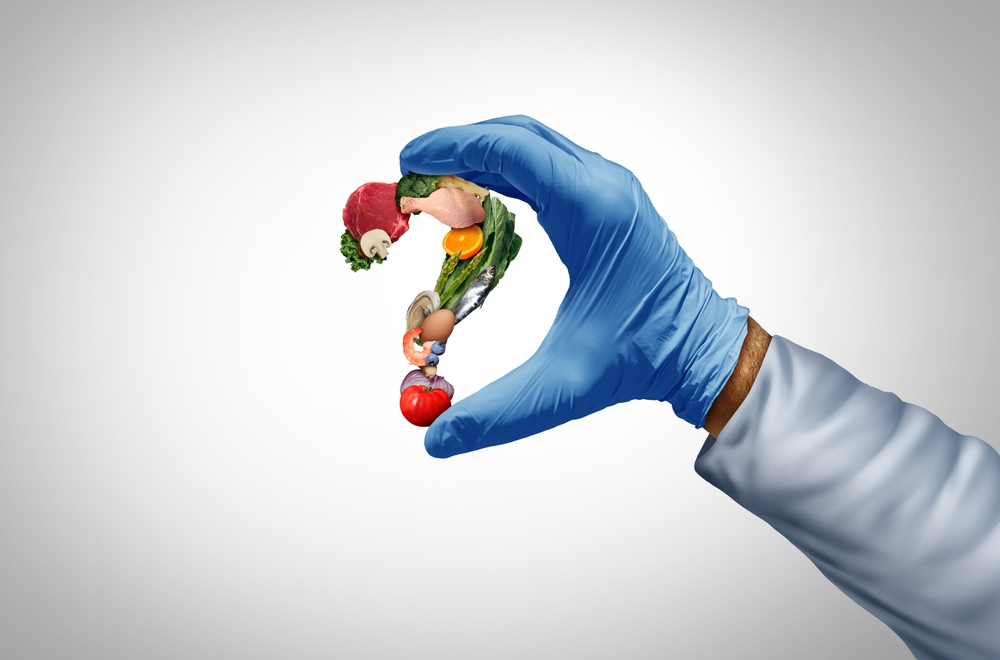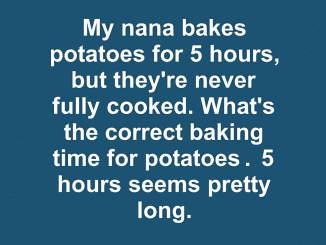For centuries, tales of food influencing dreams have been passed down through folklore and pop culture. From the infamous “cheese dreams” to claims that spicy dishes like curry can cause nightmares, the idea of food affecting dream content has fascinated and puzzled many. While these claims often rely on anecdotal evidence, recent research is beginning to shed light on this intriguing topic. Let’s explore what psychologists and studies have uncovered about the connection between food, sleep, and the dreams that sometimes keep us up at night.
The Claims: Can Certain Foods Really Cause Nightmares?

The belief that specific foods can trigger nightmares or vivid dreams is nothing new. Dairy products, particularly cheese, often top the list of alleged dream-inducing culprits. Spicy foods, with their tendency to cause indigestion, are also commonly implicated. But why do these claims persist?
- Cheese and Dairy: Many people report strange or unsettling dreams after consuming dairy products, particularly cheese. Some suggest that compounds in cheese may affect brain activity during sleep, though evidence is largely anecdotal.
- Spicy Foods: Spicy meals, like chili or curry, are often associated with vivid or unsettling dreams. These foods can cause discomfort, such as heartburn or indigestion, which may disrupt sleep and lead to unusual dream experiences.
- Late-Night Eating: Another common belief is that eating late at night, regardless of the food, can increase the likelihood of nightmares. The theory is that the digestive process may interfere with restful sleep, leading to more frequent or intense dreams.
The Study: Food and Dreaming Explored
A study published in Frontiers in Psychology delved into the relationship between food and dreaming, aiming to separate fact from fiction. Researchers surveyed 396 participants about their dietary habits, sleep quality, and dream experiences. Participants were specifically asked if they believed certain foods influenced their dreams and whether late-night eating impacted their dream content.
Key Findings:
- About 17.8% of participants reported that they noticed food-dependent dreaming.
- Dairy products were the most frequently mentioned culprits, with spicy foods following closely behind.
- Those who reported food-related dreams often had poorer sleep quality and more frequent nightmares. They also tended to consume more coffee and scored lower on the Intuitive Eating Scale.
- Interestingly, vivid (but not disturbing) dreams were linked to better overall health, suggesting that positive dream experiences might correlate with good sleep and balanced diets.
Why Food Affects Dreams
What’s behind this connection between food and dreams? Researchers suggest a few potential mechanisms:
- Sleep Disruption from Digestion: Eating heavy or spicy foods before bed can disrupt sleep due to discomfort, like acid reflux or indigestion. This disrupted sleep may increase the likelihood of remembering dreams, including unpleasant ones.
- Biochemical Reactions: Certain foods contain compounds that might influence brain activity. For instance, cheese contains tyramine, an amino acid that can affect neurotransmitter levels.
- Psychological Factors: Sometimes, the belief that a particular food will cause strange dreams can create a self-fulfilling prophecy. If you’re worried about having nightmares after eating something, you might be more likely to notice them.
What Foods to Avoid Before Bed for Better Sleep
If nightmares or disrupted sleep are a concern, some dietary adjustments can help. Avoiding certain foods before bed may lead to more restful nights and less troubling dreams.
- Dairy Products: If you suspect cheese or other dairy products affect your dreams, try skipping them in the evening.
- Spicy Foods: Save the spicy meals for lunchtime. Spices like chili and cayenne can cause discomfort that disrupts sleep.
- Caffeine and Sugar: Late-night snacks high in sugar or caffeine can interfere with your ability to fall and stay asleep.
- Heavy Meals: Eating large portions or rich, fatty foods late at night can prolong digestion and impact sleep quality.
Foods That Can Promote Better Sleep

While some foods might interfere with restful sleep, others can act as natural sleep aids. If you’re struggling to get a good night’s sleep, incorporating these into your evening routine might help:
- Kiwi and Tart Cherry Juice: Both are rich in compounds that support sleep. Tart cherries contain melatonin, a hormone that regulates the sleep-wake cycle, while kiwi is packed with antioxidants that may enhance sleep quality.
- Complex Carbohydrates: A small snack of whole-grain crackers or oatmeal can help stabilize blood sugar levels, promoting deeper sleep.
- Magnesium-Rich Foods: Nuts, seeds, and leafy greens are excellent sources of magnesium, which can relax muscles and improve sleep quality.
The Psychology of Food and Dreams
The Frontiers in Psychology study highlights the fascinating interplay between food, sleep, and dream experiences. While certain foods are more commonly associated with unusual or disturbing dreams, the link is not always direct. Factors like digestion, sleep quality, and psychological expectations all play a role.
Interestingly, the study also found that people who reported food-related dreaming often exhibited behaviors like emotional eating or binge-eating, both of which are associated with poorer overall sleep health. This finding underscores the importance of balanced eating habits for both physical and mental well-being.
Practical Tips for Peaceful Sleep

To minimize the chances of nightmares and promote restful sleep, consider these tips:
- Maintain a Regular Eating Schedule: Avoid eating heavy meals or snacks within two hours of bedtime.
- Stay Hydrated: Dehydration can interfere with sleep, so drink plenty of water throughout the day. Just avoid excessive fluids close to bedtime to prevent waking up during the night.
- Relax Before Bed: Incorporate calming activities like reading, meditation, or light stretching into your nighttime routine.
- Monitor Food Intake: Keep a food diary to track what you eat and how it affects your sleep and dreams. Identifying patterns can help you make better choices.
Conclusion: The Dream-Food Connection
The idea that certain foods can give you nightmares might sound far-fetched, but research suggests there’s some truth to the claims. Dairy products, spicy meals, and late-night snacking can disrupt sleep and influence dream content. However, the relationship is complex, involving both physiological and psychological factors.
By paying attention to your eating habits and choosing sleep-friendly foods, you can enjoy more restful nights—and maybe even sweeter dreams. While further research is needed to fully understand the connection between food and dreaming, the existing insights offer valuable guidance for anyone looking to improve their sleep quality.


